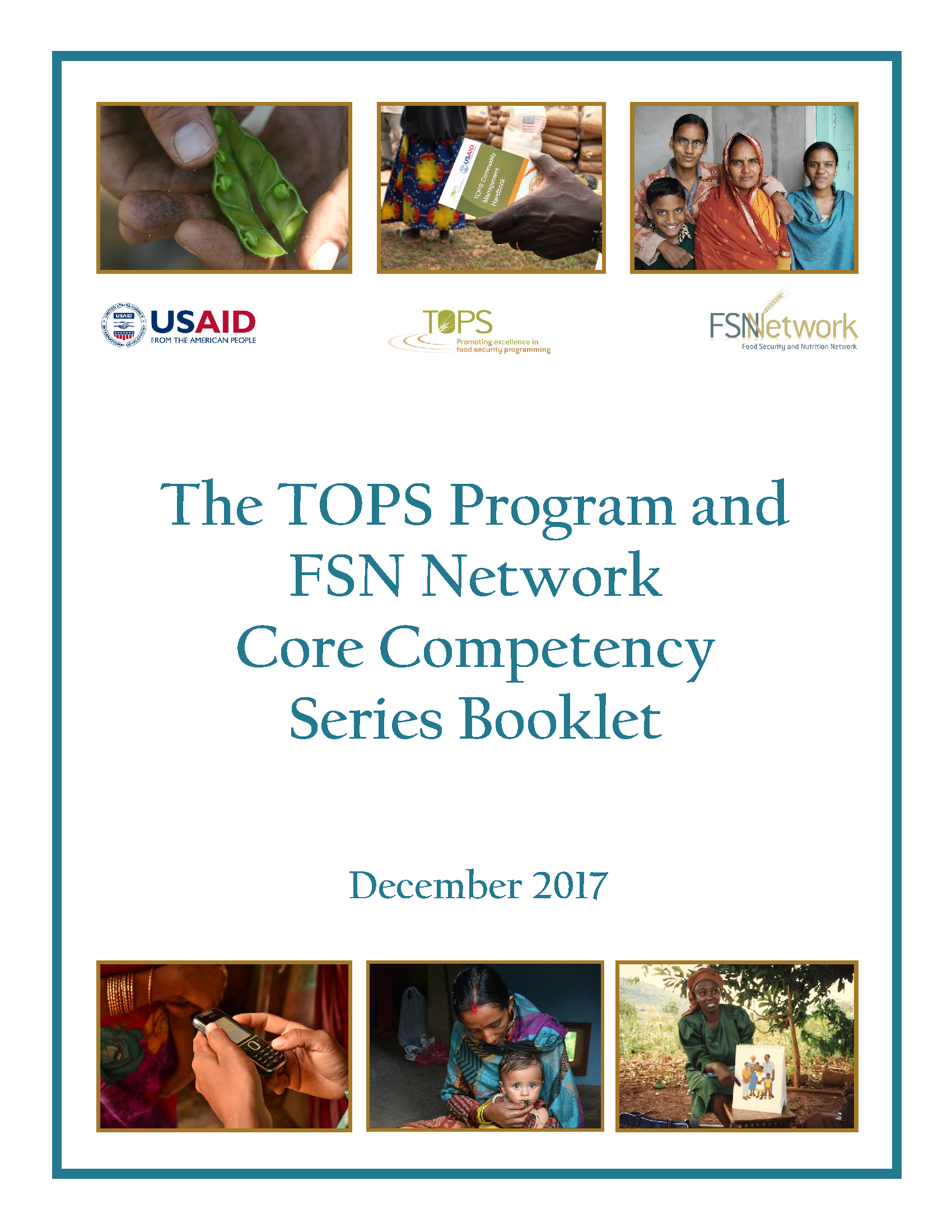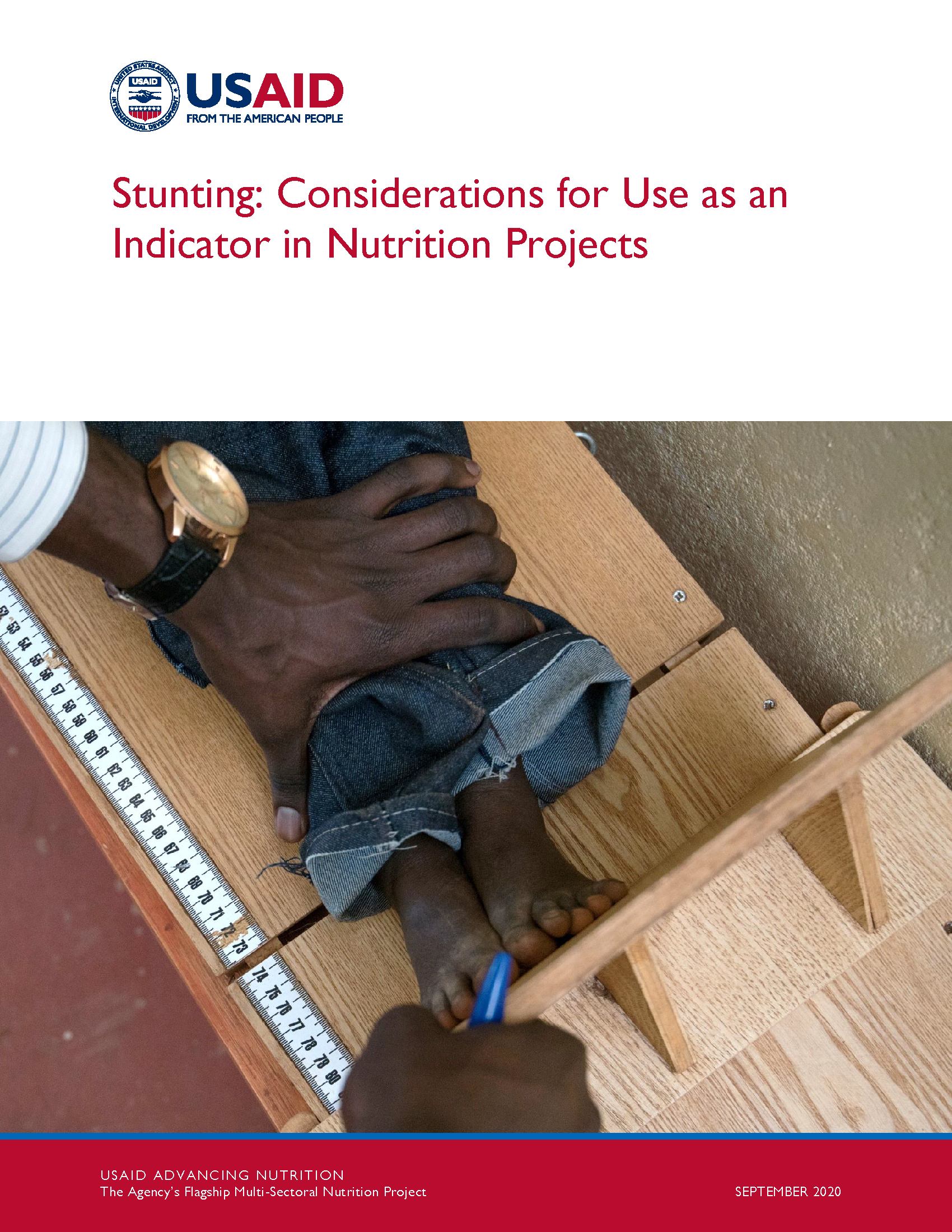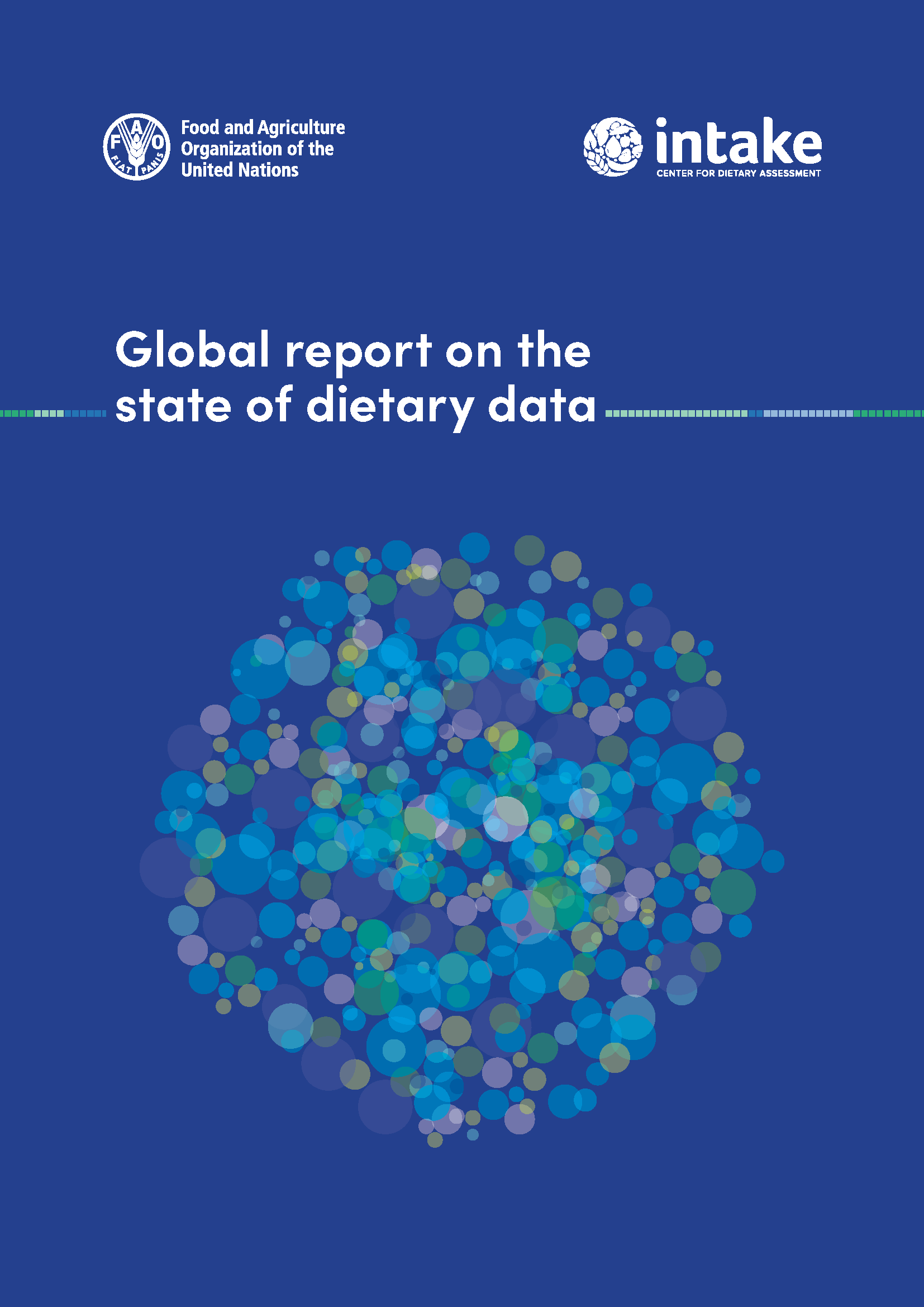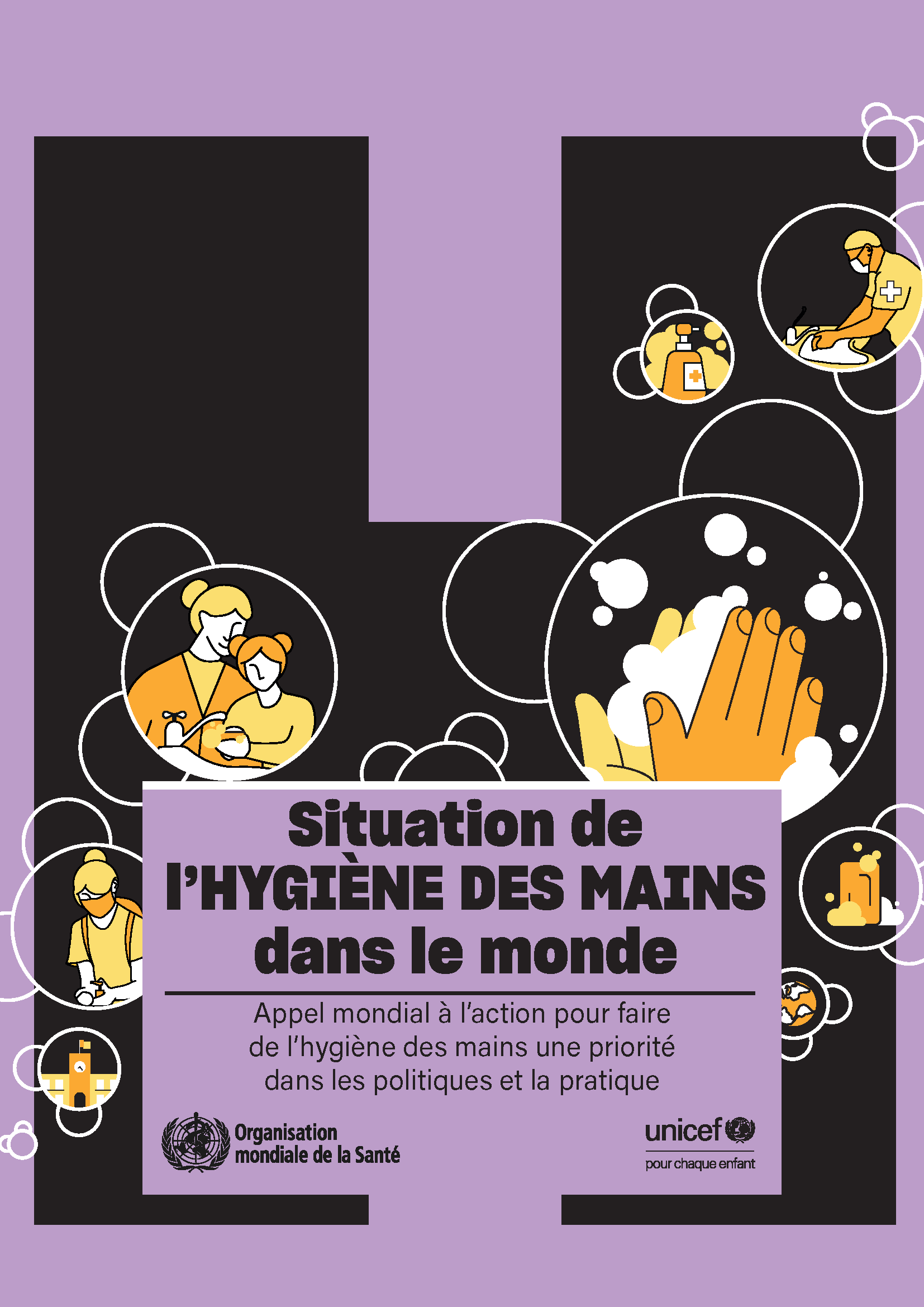Search Results
HAEC’s Consultation Process
About To inform HAEC's strategy for increasing the use of timely and cost-effective impact evaluations in humanitarian settings, the HAEC team conducted over 60 consultations with implementers, funders, and researchers to unpack the key barriers to conducting impact evaluations in humanitarian contexts. The team then applied a growth diagnostic approach to organize our findings according to possible supply side (i.e., inputs required to conduct impact evaluations in humanitarian contexts) and demand side constraints (i.e., factors that influence whether stakeholders perceive value from impact evaluations in humanitarian contexts). Overview Demand Side Constraints 1. Poor incentives There are currently few perceived benefitsHAEC Elevates and Disseminates Findings
Evaluation in Action Through HAEC's Evaluation in Action brief series, HAEC highlights ongoing and recently completed impact evaluations from around the world. Through this series, you can find out more about how different teams are approach impact evaluations through quasi-experimental designs, how they're navigating challenging and adapting contexts, and how teams will apply impact evaluation findings to improve their ongoing and future work. Do you have an ongoing impact evaluation in a humanitarian context that you want to share? Submit it here! Check out the briefs for HAEC-funded studies below: Evaluation in Action: Understanding the Long-Term Impact of Unconditional Multi-PurposeCOVID-19 Evaluation Study Design
About The COVID-19 Evaluation is a mixed-methods evaluation including a multi-level data collection approach. At the field level, the evaluation team will collect qualitative data through one case study country for each BHA region: Office of Africa (OA); Asia, Latin America and the Caribbean (ALAC); and Middle East, North Africa and Europe (MENAE). At the award level, the evaluation will conduct an in-depth assessment of the data, documents, and partner perspectives for a sample of the total awards. For global level funding results, the evaluation will utilize the award indicator data and a semi-structured e-survey with the implementing partners (IPs)2022 Online Certificate Course on Gender Mainstreaming
This course aims to improve participants’ ability to deal with special interventions for gender equality and mainstreaming of gender equality when designing, implementing, and monitoring development interventions. Gender mainstreaming is a strategy to achieve gender equality. This strategy aims at making visible the different impacts on or impact of women and men in a given context. The course covers practical strategies and skills for mainstreaming gender – including the use of gender planning frameworks and addressing gender issues in logical frameworks and developing gender policies. Critical analysis of current theory and practice is encouraged throughout the course. This course is
Core Competency Series UPDATE
Authors:
The TOPS Program
Sector Type:
Knowledge Management |
Collaborating, Learning, and Adapting
Year Published:
2017

Stunting: Considerations for Use as an Indicator in Nutrition Projects
Authors:
USAID Advancing Nutrition
Sector Type:
Maternal Child Health and Nutrition
Year Published:
2021


Situation de l'hygiene des mains dans le monde
Authors:
United Nations Children's Fund |
World Health Organization
Sector Type:
Water, Sanitation, and Hygiene |
Hygiene
Year Published:
2021